Thomas Farnon chats to PRS M Magazine about his first choral release and most recent album ‘Solace’.
Guernsey-born, London-based composer Thomas Farnon has built a name for himself scoring music for films such as The Legend of Tarzan and Churchill, and Netflix series The Crown.
Aside from his screenwriting career, Thomas is also a dab hand at scoring video games, with credits spanning blockbuster franchises Assassin’s Creed and Skylanders.
He comes from a line of distinguished composers – both his father and grandfather are members of PRS for Music and have worked extensively in the UK’s classical music world.
Carrying on the tradition, Thomas co- founded Chromium Music Group in 2018, and has since released a string of records through it, including Reverie, earlier this year.
With brand new album, Solace, on its way, we spend some time with the prolific composer to learn more about what makes him tick…
What’s the thinking behind your new LP, Solace?
Solace was written to try and do what it says on the tin – give people half an hour of solace. I wanted to transport people into a relaxing choral and ambient world and move people emotionally.
What inspired the eight tracks on the record?
The tracks were all inspired by different scenarios that I had either observed or happening around me while writing the album that I drew a lot of emotion from. So, for instance, Well Trained Smile is about somebody hiding the fact that behind there smile they weren’t happy – and that moves me. So I wanted to go and translate that into music. I tried with each piece to give a focal point of release. They were structured around organically building emotion and then giving a moment where people can breathe and those few seconds in each piece were a summary of the entire piece. So, although not necessarily to do with building volume and density, it was to give people the chance to be moved at a focus point in each track.
Where and when did it all come together?
The album was written over six months in the back half of 2018. It was written all over the place but mainly in my studio in London. Then we recorded it up at AIR Lyndhurst Studios in March with the London Voices.
You really focused on the voice for this release – what was the impetus for that?
I’ve always been fairly traditional in the fact that I love orchestras, and I love combining them with new sounds. I wanted to step out of my comfort zone for this one. I had the concept for the pieces and thought the human voice would bring power and emotion to those concepts. The human voice is unique to everyone and carries its own story, so I thought that it would bring something really special to the table.
What have you learned about the process, and what would you do differently next time?
You learn production tricks from the recordings which are helpful for the future. I think, budget allowing, I’d have more time so that it wasn’t so vital we got the pieces recorded quickly. But I wouldn’t change a whole lot as the singers were amazing and they sound beautiful on the recordings.
How does composing for an album differ from your film score work?
Albums give you a level of freedom you don’t have on a film. Part of the challenge I love so much with film music is collaborating with a director to translate their overall vision into music. You’re writing something that serves the film If it works as a standalone piece that is secondary to the film. But with this album, I didn’t have to incorporate anyone’s thoughts it was just up to me to write something that I wanted to, and so it ended up very pure and didn’t stray far from the original concepts.
Where do you feel most at home?
In the studio with the door closed with a lukewarm mug of tea!
Both your father and grandfather are members of PRS – did you feel any pressure to follow in their footsteps and become a musician?
I never felt any pressure, but it always fascinated me. I never wanted to do anything else. I still remember when my dad David would come back to Guernsey after recording with orchestras in London and play in the car a tape of what he’d recorded. It absolutely amazed me, and I was hooked to go and try and do that myself.
When did you sign up to the society yourself?
The summer I finished music college in 2010.
How do you think their experiences of working in music are different to yours?
I think music has changed a lot in the last few years. You have to be a lot more in tune with social media and marketing now and good with technology to produce realistic sounding mock-ups of pieces. It was harder back then was due to the lack of technology. You were copying parts out by hand and the first time you heard the music for the film was on the scoring stage – which is romantic, but very scary!
What’s keeping you busy for the rest of the year?
I’m finishing working on a documentary film and then onto thinking about the next album for Chromium Music Group.
You can listen to Solace here

